| SBA Loan Programs
In response to the COVID-19 pandemic, SBA PPP loans, administered under the 7(a) guaranty loan program, are being provided through local financial institutions. While these loans have been made primarily to for-profit entities, some NFPs have also received PPP loans. One of the most common questions we have received is whether SBA PPP loans obtained by NFPs are subject to the Uniform Guidance single audit requirements. The good news is that we have recently received an answer to this question. Based on recent discussions with SBA staff, we have been informed that PPP loans made to NFPs will not be subject to single audit.
On the other hand, SBA informed us that loans made to NFPs under the EIDL program are considered a direct loan program disbursed from SBA to loan recipients. Therefore, these loans are considered federal financial assistance and are subject to the Uniform Guidance single audit requirements.
SAS 141 Delays Auditing Standards
SAS 141 was issued in May 2020 and provides a one year delay for implementing SAS Nos. 134-140 to provide relief to auditors amid the challenges created by the COVID-19 pandemic. This suite of standards will, among other things, result in significant changes to the auditor’s reporting. The standards will now be effective for audits of financial statements for periods ending on or after December 15, 2021 (previously they would have been effective for periods ending on or after December 15, 2020). While early implementation was not permitted for these standards as originally issued, SAS 141 does permit early implementation. Additionally, because they are so interrelated, the ASB recommends that the suite of SASs be implemented concurrently.
HUD COVID-19 Extensions
Multifamily Housing Entities. As reported in GAQC Alert #399, HUD’s Real Estate Assessment Center (REAC) had previously provided a 30-day extension for multifamily audit submissions having due dates of 3/31/20 and 4/30/20 (requiring them to be submitted by April 30th and May 31st respectively). We have just heard from HUD staff that they have further extended these submission deadlines to June 30, 2020. A new user alert has been posted for those logging into the Financial Assessment Subsystem – Multifamily Housing site as follows:
“Global Extension Till June 30th REAC is extending due dates on all submissions that are due April 30th and May 31st. The new due dates for these submissions will be June 30th. This applies to all submissions due within this time frame.”
Further, as noted in GAQC Alert #399, HUD issued a question and answer (Q&A) document, Questions and Answers for Office of Multifamily Housing Stakeholders, which has now been updated through May, 1, 2020, Some of the more recent questions added to the document address forbearance provisions described in Mortgagee Letter 2020-09, Implementation of the Coronavirus Aid, Relief, and Economic Security (CARES) Act Forbearance, which are relevant to multifamily borrowers, servicers, and lenders. Note that Q7 in this Q&A document addresses the audit extension but has not yet been updated to reflect the latest June 30th extension provided by REAC. We assume the next version of the Q&A will reflect this latest change.
PHA Unaudited Submissions. On April 22, 2020, HUD issued an updated version of COVID-19 FAQs for Public Housing Agencies. QC14 of the FAQs extends the submission deadline for unaudited submissions required to be made by PHAs with 12/31/19 and 3/31/20 year-ends to 8/31/20 and 11/30/20 respectively. PHAs are not required to seek HUD approval for these extensions.
FAC Update
Although the FAC is accepting single audit submissions, FAC staff has informed us that the COVID-19 pandemic has impacted normal processing times and that telephone support is limited. It is currently not unusual for a month to pass between the receipt of a submission and for the submission to be processed by the FAC. However, this delay will not impact the recorded acceptance date which will still be based on the actual date of submission.
On another note, the FAC posted information about the 6-month single audit submission extension on the FAC home page under the heading “Important Announcements.” See GAQC Alert #401 for more information on this extension that was established by OMB Memorandum M-20-17, Administrative Relief for Recipients and Applicants of Federal Financial Assistance Directly Impacted by the Novel Coronavirus (COVID-19) due to Loss of Operations (OMB Memo M-20-17). In its announcement, the FAC added the following language that does not appear in the OMB memo: “Individual recipients and subrecipients…are requested to include a reference to the [OMB] memorandum in their audit reporting packages so that Federal agencies and pass-through entities are informed.” We understand this addition was made based on a request from OMB and believe the intent is for the auditee to add a statement in the reporting package when it has taken advantage of the 6-month extension due to the COVID-19 pandemic. We have an inquiry into OMB for confirmation on this, as well as a question about where in the reporting package this notification should be placed. We will follow-up in a future GAQC Alert once we get a response.
DOE For-Profit Audit Extension
In the DOE National Nuclear Security Administration’s implementation of OMB Memo M-20-17, DOE extended the audit submission deadline for for-profit entities subject to a compliance audit under DOE rules. The extension is consistent with the extension language provided by OMB for single audits (i.e., a 6-month extension). See the DOE announcement, section 13, titled “Extension of Single Audit Submission,” for more information.
If you have additional questions, please feel free to contact our office. |


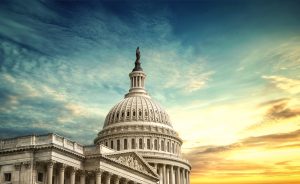
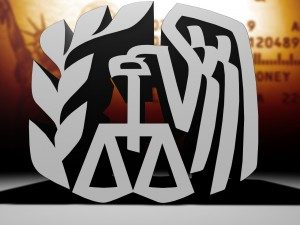
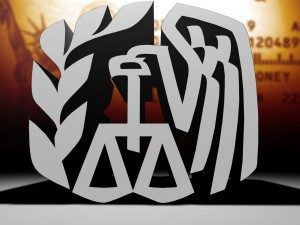
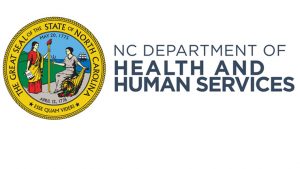
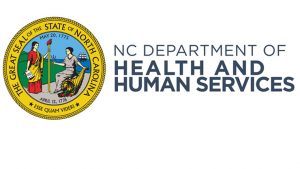 NC Medicaid issued
NC Medicaid issued 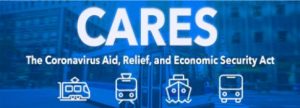
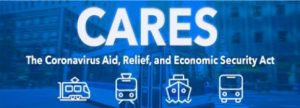 We have compiled the following useful and concise information for your reference as you consider the various planning opportunities available to address the impact of the COVID-19 situation on nonprofit organizations. After studying the recently enacted law and interacting with other professionals, by parsing through the voluminous CARES Act, Families First Coronavirus Response Act (“FFCRA”) and relevant peripheral materials, the following includes the highlights of the relevant relief available to you via the government stimulus packages:
We have compiled the following useful and concise information for your reference as you consider the various planning opportunities available to address the impact of the COVID-19 situation on nonprofit organizations. After studying the recently enacted law and interacting with other professionals, by parsing through the voluminous CARES Act, Families First Coronavirus Response Act (“FFCRA”) and relevant peripheral materials, the following includes the highlights of the relevant relief available to you via the government stimulus packages: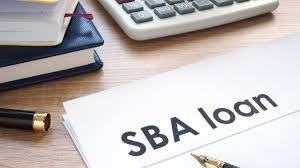
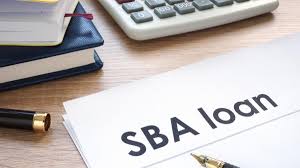 Small businesses looking to get some relief from the Payroll Protection Program may run into a snag or two. Because this stimulus package was passed so quickly, the banks are not necessarily prepared to handle the loans like the media initially described. This
Small businesses looking to get some relief from the Payroll Protection Program may run into a snag or two. Because this stimulus package was passed so quickly, the banks are not necessarily prepared to handle the loans like the media initially described. This